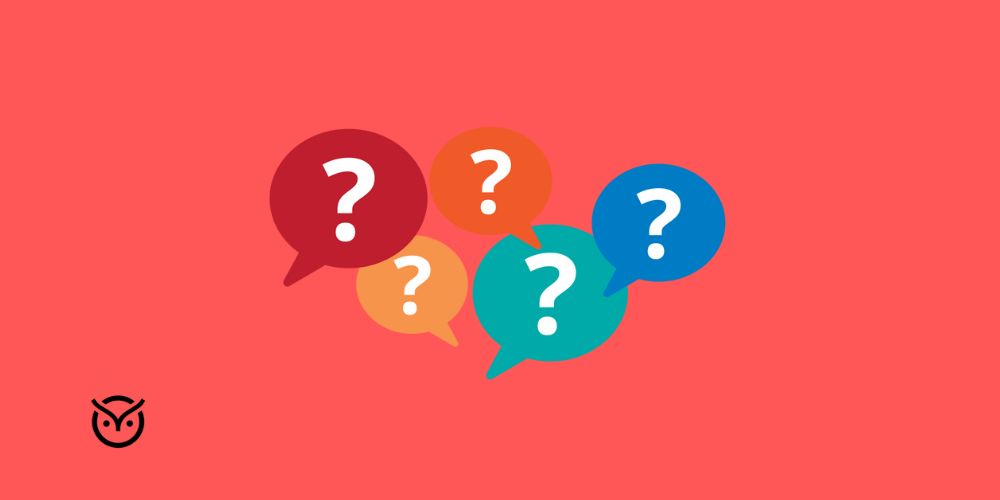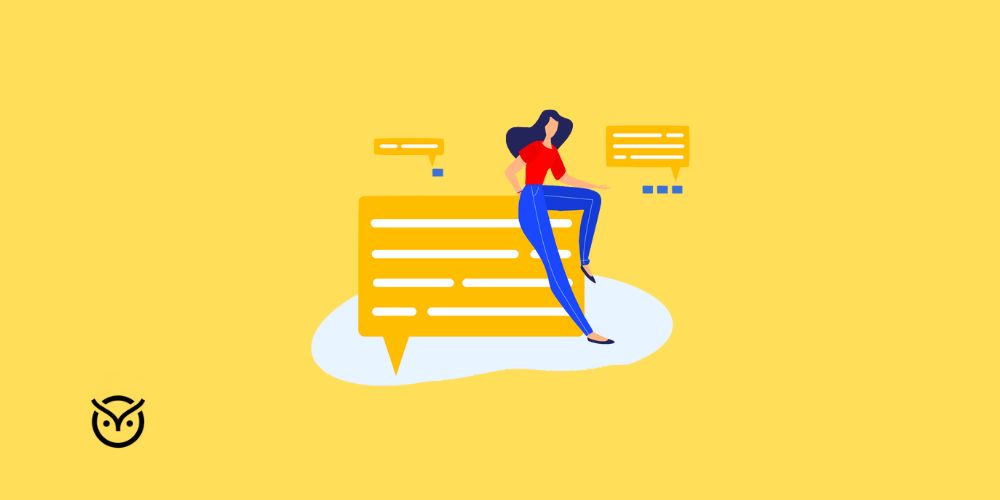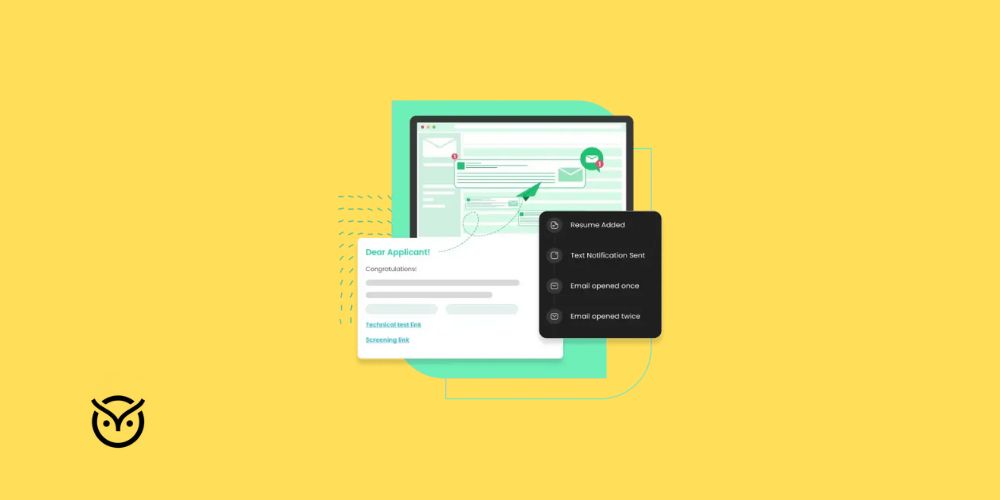
TL;DR
- Interviewers ask weakness questions to test self-awareness and growth mindset
- Pick a real but non-critical weakness for the role
- Show steps you’re taking to improve
- Use the STAR method for storytelling
- End on a positive, forward-looking note
- Avoid clichés, vagueness, or saying you have no weaknesses
- Don’t highlight weaknesses critical to job success
There’s that one question in every job interview that makes even the most confident candidates pause: What is your greatest weakness?
It’s tricky, isn’t it? You don’t want to sound incapable, but you also don’t want to come off as overly polished or fake. This is where many candidates stumble, not because they lack skills, but because they don’t know how to talk about their weaknesses the right way.
The good news? You’re not alone. The weakness interview question is one of the most common—and misunderstood parts of the hiring process. With the right strategy, though, you can use it to your advantage and show interviewers that you’re self-aware, honest, and always learning.
How Confident Are You for Your Interview?
Slide to rate your confidence level
What Are Weakness Interview Questions and Why Do They Matter?
Weakness interview questions are geared to gauge more than your shortcomings. Interviewers are also trying to measure how you process feedback, how cognizant you are of your limitations, and if you are working to remedy them. In essence, weakness questions are a measure of your emotional intelligence and professional maturity.
Regardless of how it’s asked, your response should strike a balance between honesty and strategy. The goal is to choose a weakness to mention in an interview that’s genuine but not detrimental to the role, then show how you’re actively addressing it.
Discussing weaknesses in a job interview may feel uncomfortable, but it's a powerful opportunity to demonstrate growth and resilience, qualities every employer values.
Common Examples of Weakness Interview Questions

Interviewers use different variations of weakness-related questions to assess how self-aware and honest you are, and how you handle personal growth.
Below are some of the most commonly asked versions:
- What is your greatest weakness?
- Tell me about a time you failed.
- What is one skill you feel you could improve on?
- How do you handle tasks you’re not good at?
- What’s an area you’re currently working to develop?
- How do you respond to constructive criticism?
- What’s something your previous manager said you could improve?
- What’s a professional challenge you’ve faced, and how did you overcome it?
- Are there any tools or technologies you’re not confident in yet?
- What’s one trait you’re actively trying to change or improve?
- Can you share a weakness that doesn’t impact your job performance?
- How do you ensure a weakness doesn’t affect team performance?
Practice a Weakness Interview Question
Click the button to get a new question. Write your answer below!
How to Handle Weakness Questions in Interviews Effectively

Responding to weakness interview questions can feel like a balancing act, where you want to be truthful, but not to the disadvantage of your potential chances.
The key to answering effectively is to demonstrate some self-awareness, accountability, and commitment to growth.
Here's how:
Choose a Real but Work-Appropriate Weakness
Pick a genuine weakness that does not directly affect the core responsibilities of the position. Try to avoid clichés unless you can reference an authentic story. Pick something that you know and are working to improve.
Show Growth and Initiative
Interviewers want to know if you have some self-awareness about your weaknesses, but also if you are taking steps to improve them, which shows maturity, accountability, and a professional growth mindset.
Use the STAR Method When Sharing a Story
If you are asked to describe a mistake or failure, you might consider doing this using the STAR method:
- Situation
- Task
- Action
- Result
This helps you present a clear, logical narrative that highlights your ability to learn from challenges.
Keep It Positive and Forward-Focused
End your answer on an optimistic note by emphasizing how the experience helped you grow and how it’s made you more effective today.
Build Your STAR Answer
Drag each sentence into the correct STAR category. Click "Remove" to return it to the list.
Situation
Task
Action
Result
Sample Answers for Weakness Interview Questions

When answering weakness interview questions, the goal is to show honesty, self-awareness, and a proactive approach to personal growth. Below are sample responses tailored to different roles and situations:
For Tech Roles (e.g., Software Developer)
Weakness: Public speaking
Answer: Early in my career, I avoided speaking up in meetings or presenting my work because I wasn’t confident in my public speaking skills. I realized that being able to explain technical concepts clearly is important, so I started volunteering for sprint demos and joined a local Toastmasters group. It’s still a work in progress, but I’ve become much more comfortable presenting in front of teams.
For Marketing Roles
Weakness: Overcommitting
Answer: I used to take on too many projects at once, thinking I could manage it all. While I always met deadlines, I realized it affected my focus and creativity. I’ve learned to prioritize better and now use project management tools to allocate time more realistically and communicate bandwidth limits more clearly.
For Leadership/Management Roles
Weakness: Delegating tasks
Answer: When I took on a leadership role, I had a hard time letting things go. I took personal responsibility for the quality of everything. I learned, through experience, that when I stayed tied to doing tasks myself, it became burdensome for the group and got in the way of trust development. I have a better appreciation now of giving autonomy to my team and trusting they are good at what they do while still providing support.
For Administrative or Support Roles
Weakness: Struggling with saying “no”
Answer: I tend to be very accommodating, which led me to say ‘yes’ too often and take on additional work. I’ve since learned that setting boundaries is important. I now evaluate requests based on urgency and impact, and I’ve become more comfortable with respectfully declining when necessary.
For Entry-Level Candidates
Weakness: Lack of industry experience
Answer: Since I’m new to the industry, I don’t yet have hands-on experience with all the tools professionals use. But, I’ve taken the initiative to learn through online courses and freelance projects, and I’m eager to continue learning on the job.
Sample Weakness Answers by Role
Common Mistakes to Avoid When Answering Weakness Interview Questions

It’s easy to stumble on weakness interview questions if you’re unprepared or overly cautious.
To make a strong impression, steer clear of these common mistakes:
Saying You Have No Weaknesses
Claiming you don’t have any weaknesses signals a lack of self-awareness or honesty. Everyone has areas they can improve, and interviewers expect you to acknowledge that.
Choosing a Strength Disguised as a Weakness
Responses like “I work too hard” or “I’m a perfectionist” come off as inauthentic unless you add real context and personal insight. Recruiters have heard these hundreds of times and may see them as evasive.
Highlighting a Critical Skill You Lack
Avoid mentioning a weakness that is essential to the role. For example, saying “I’m not good at meeting deadlines” during a project management interview could disqualify you.
Being Too Vague or Generic
Answers like “I sometimes get stressed” or “I’m bad at multitasking” are too broad and don’t give the interviewer insight into how you operate.
Dwelling on the Negative
Focusing too much on what you lack, without showing growth, can leave a poor impression. The goal isn’t to dwell on flaws but to highlight how you grow from them.
Common Mistakes Checklist
Tick a mistake you’ve made to get a quick tip on fixing it.
Conclusion
It is critical for you to know how to properly answer the weakness interview question, it will be an essential part of your interview success. With an idea of the common types, having thought of some thoughtful responses, and avoiding the usual mistakes, you can successfully navigate this difficult question and use it to demonstrate your self-awareness and desire to improve.
Build Your Weakness Answer Toolbox
Click each item below to get a tip or example.




